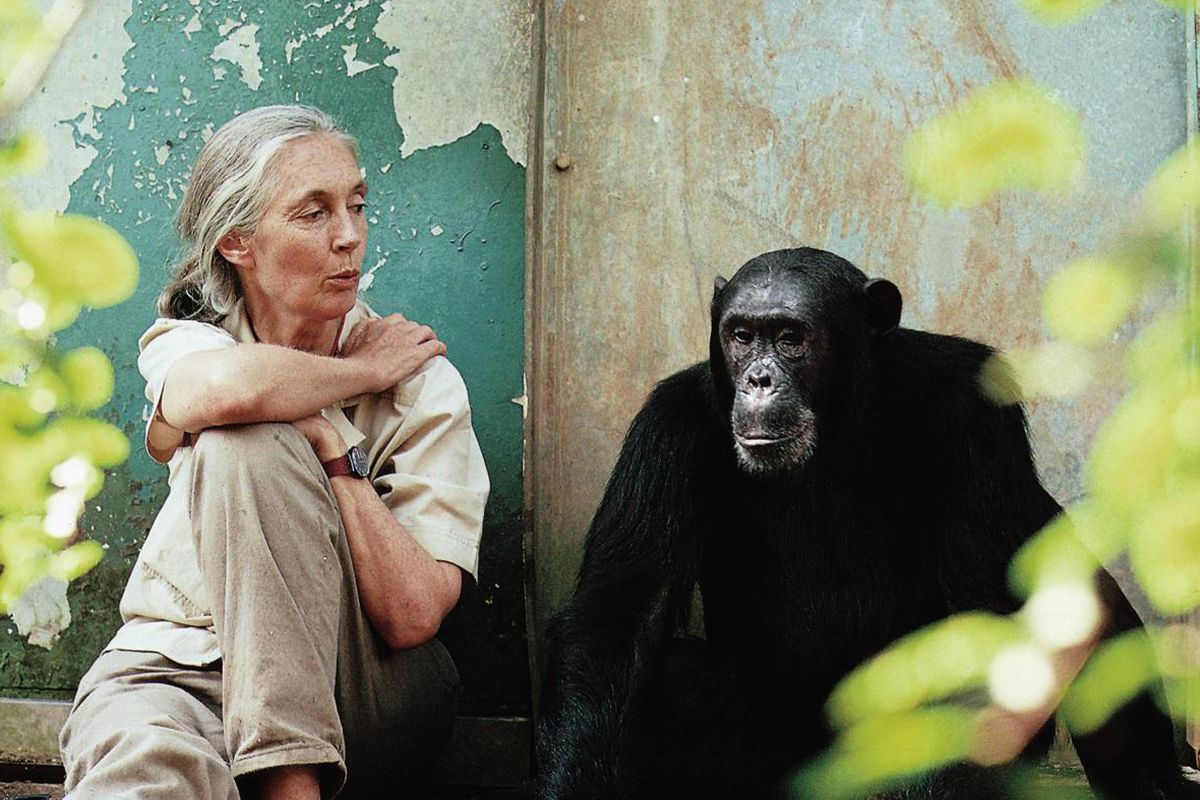Renowned primatologist, journalist to speak at GU

Three-time Pulitzer Prize-winning journalist Thomas L. Friedman and world-renowned primatologist and conservationist Jane Goodall will be the featured speakers in Gonzaga University’s third annual Presidential Speaker Series.
“These individuals challenge and inspire us with their knowledge and perspectives,” said Gonzaga President Thayne McCulloh, who selected the presenters.
GU continues to land speakers that should inspire students. Archbishop Desmond Tutu, South African apartheid-era hero and Nobel laureate, was the speaker at May’s graduation ceremony.
“In this, Gonzaga’s 125th anniversary year, we are interested in how the speakers have encouraged and continue to foster the transformations our world must embrace to prepare for the future,” McCulloh said.
Friedman, also a New York Times columnist and author, is considered an education advocate and will talk about the role education plays in making the United States more competitive in the global economy. His Sept. 4 lecture is titled “That Used to Be Us: A Crucial Time for America and the Role Education Must Play.”
Friedman covered the end of the Cold War as a New York Times correspondent, as well as the beginning of Bill Clinton’s presidency and foreign and trade policies as the World Wide Web emerged.
Friedman is the author of six best-selling books. In 2011 he co-authored “That Used to Be Us: How America Fell Behind in the World It Invented and How We Can Come Back.”
Goodall, known for her 45-year study of chimpanzees in the Gombe Stream Chimpanzee Reserve, will speak April 9. Her lecture is titled “Making a Difference.”
Her talk “will focus on what she’s learned about affecting change in the environment and the amazing things she has learned about chimpanzees and humanity,” GU spokesman Pete Tormey said.
Goodall, 78, is credited with the discovery of many never-before-seen traits in primates, including identification of 20 individual sounds they use to communicate, as well as chimpanzees using and making tools – a trait previously believed to be exclusively human. She also observed that the primates used stones as weapons and embraces to comfort each other.
Tormey said, “She has earned worldwide acclaim for her advocacy work for the environment, animal rights and humanity.”